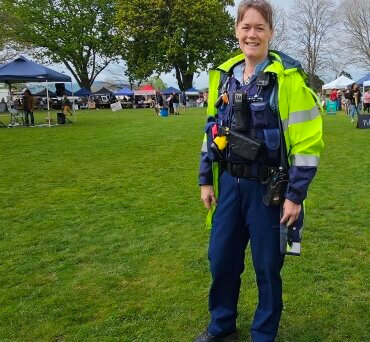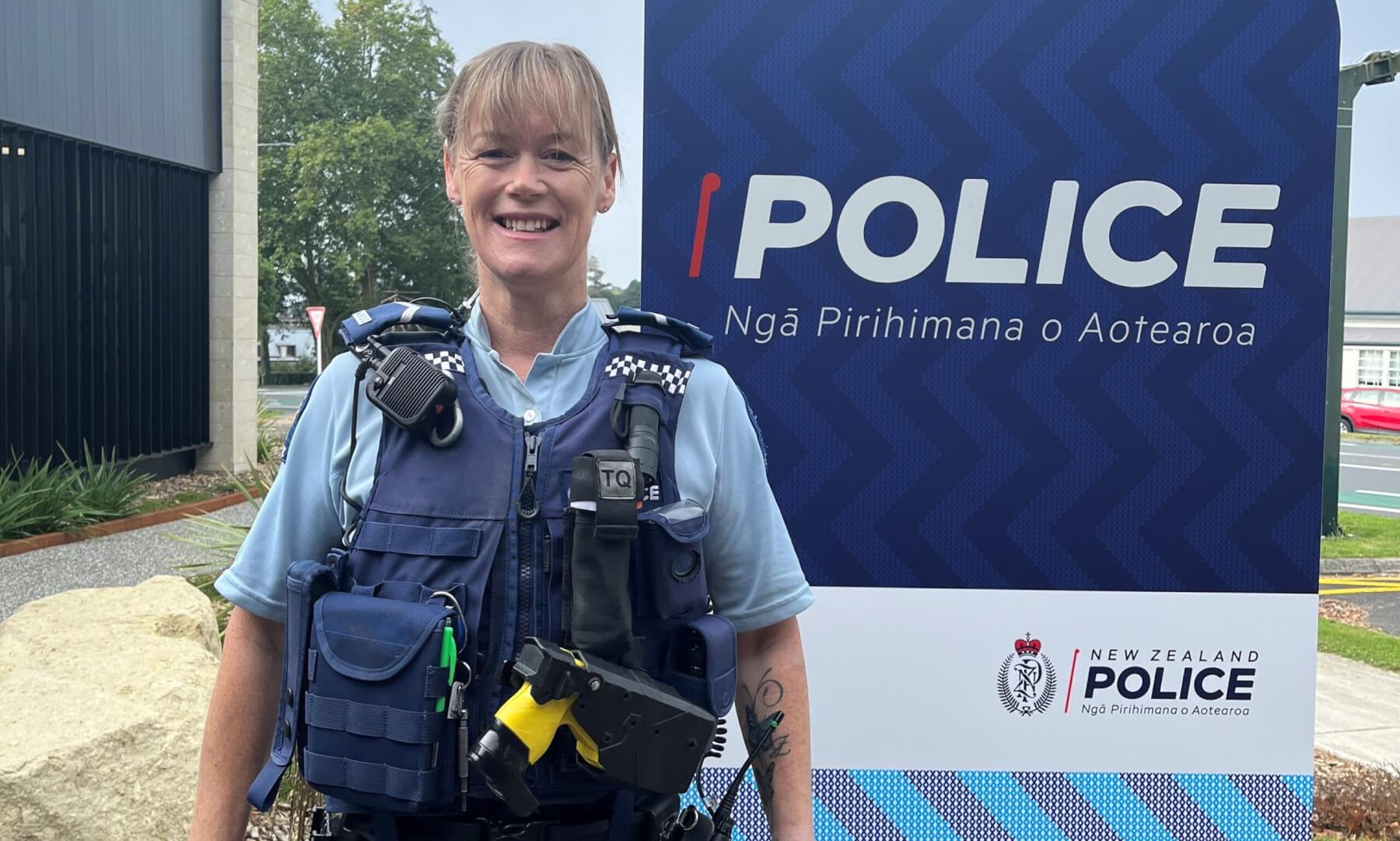
Deb Hann – Senior Constable
Hello all. In line with last week’s column, I hope you’ve had a good week, stayed water safe in all the hot weather, while not getting too hot under the collar with the humidity either.
Talking of the latter, I’ve noticed that neighbour dispute files have increasingly been appearing on my (virtual) desk. For that reason, I would like to discuss the topic a little. The types of complaints I get range from disagreements over hedges, back garden play equipment, to the noise of children playing or other activities, use of land or land boundaries, people verbally abusing each other and even racial abuse.

Senior Constable Deb Hann – On the Beat
For the most part, low level neighbour disagreements do not involve criminal offending, however police are sometimes still contacted to assist with mediation and resolution before things escalate. In some cases criminal offending is evident, however, and appropriate action is needed.
A lot of neighbour disputes might be avoided if the paths of communication were pre-existing. If the first interaction you have is to discuss something that the neighbour is doing that upsets you, the lack of any established rapport can lead to people becoming defensive and responding or even retaliating in a less than friendly manner.
People can become defensive if they feel they are being told how to live or act in their own property at the best of times. At the same time, we all want peaceful enjoyment of our property and do not want to be left feeling uncomfortable in our own homes. Forming or joining a Neighbourhood Support Group can help with neighbourhood connection and is something I always recommend for that reason.
Visit www.safercambridge.co.nz for information and to register.

Photo: RDNE Stock project. Pexels-com
But what do you do when you find yourself at odds with your closest neighbours? The ideal is to find some middle ground. Ask if your neighbour will agree to a meeting where both parties can focus on identifying and problem solving the issue at hand, together, rather than taking aim at each other personally. Consider having a neutral party mediate if required. Timing your approach right is also important. Try to put yourself in your neighbours’ shoes. Living in town, we are often living close together, each with our different life stages, priorities, cultural backgrounds and stresses. Cambridge Citizen Advice Bureau is a valuable source of information for non-criminal matters while providing regular legal clinics too.
Where damage to property or harm to people is occurring, Police should be contacted so that appropriate action may be taken. At the end of the day, we all want to get along together.









